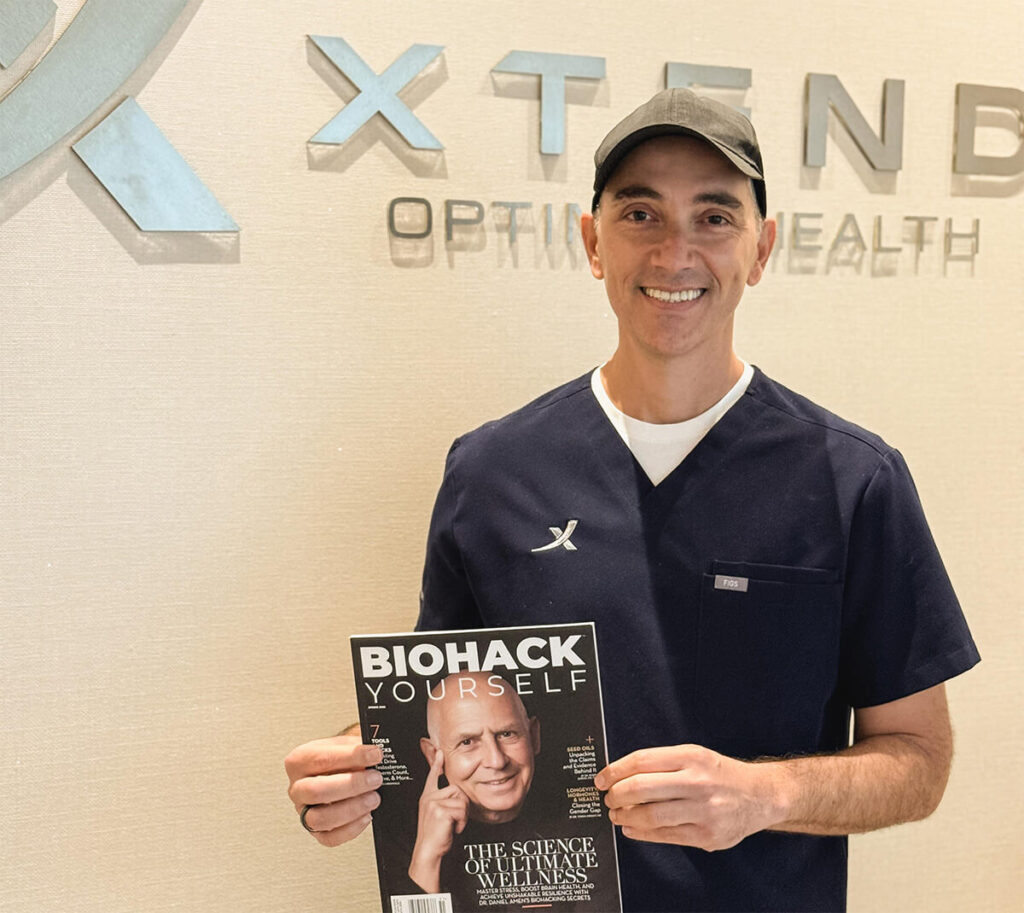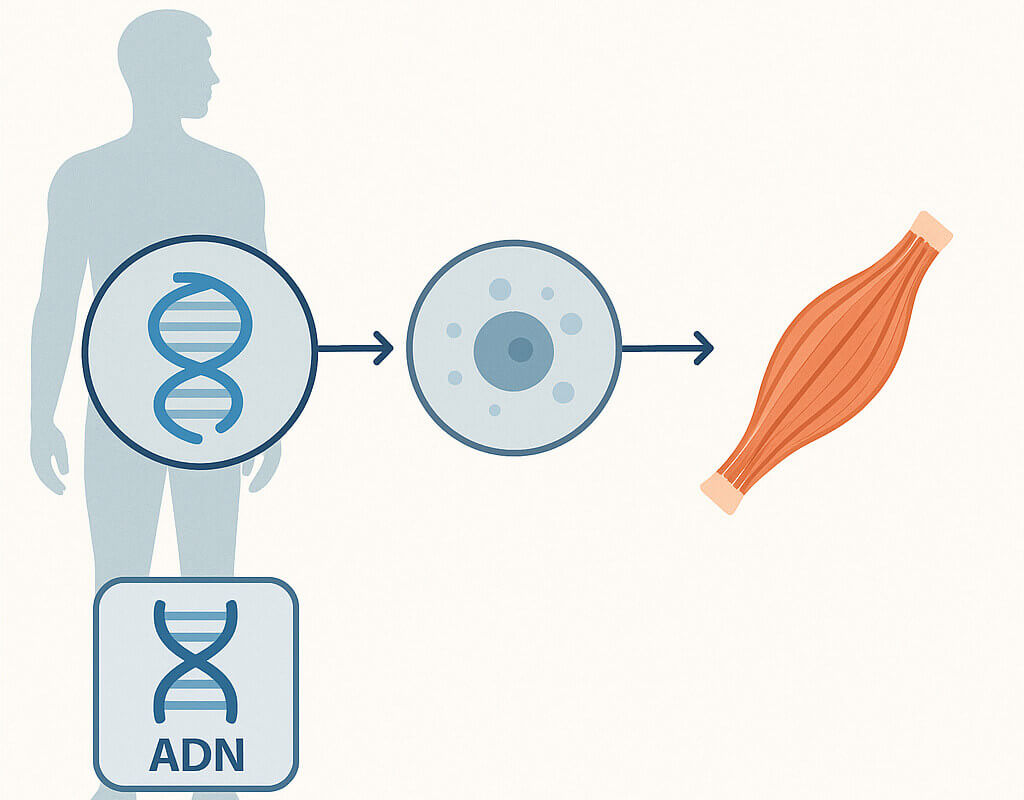Great news! Advances in biomedical research are opening new doors to innovative treatments for rare pediatric diseases such as progeria.
Currently, there is no cure for progeria for this disease, which is also known as Hutchinson-Gilford syndrome. However, it has been the subject of numerous clinical studies that give hope to patients and their families.
One of the most promising developments is the use of stem cells called hVSEL (Human Very Small Embryonic-Like Stem Cells), which have the potential to regenerate damaged tissues and organs.
This significant medical advancement has received FDA designation, recognizing the use of hVSEL stem cells activated by S.O.N.G. Laser technology to address pediatric diseases like progeria.
At Xtend Optimal Health, we know firsthand the benefits and scope of this technology, as its inventor Dr. Todd Ovokaitys, CEO of Qigeneration, LLC, is part of our staff of specialists.
Progeria: An Extremely Rare Pediatric Diseases
Progeria is an extremely rare genetic disease. It originates from a spontaneous genetic mutation that is not hereditary, but affects the nucleus of cells, causing premature and accelerated aging.
Children with progeria generally appear healthy at birth, but symptoms begin to appear in the early years of life. These include:
- Slow growth.
- Hair loss.
- Thin and wrinkled skin.
- Small face and a sharp nose.
- Joint stiffness.
- Heart problems.
Unfortunately, the life expectancy of patients diagnosed with this disease is up to 13 years of age. This condition underscores the urgency of finding innovative treatments to treat it
Rare Pediatric Diseases: A Challenge for the Medical Community
Rare pediatric diseases pose a significant challenge to the medical community due to their complexity, the lack of effective treatments, and other aspects such as:
- Affecting fewer than 1 in 2,000 children.
- They can be genetic, metabolic, immunological, or neurodegenerative.
- Due to their low prevalence, they are often diagnosed late.
- Patients may face difficulties accessing specialized treatments.
However, research in rare pediatric diseases has advanced significantly in recent years. A clear example of this is the use of stem cells as an ideal therapeutic option to treat their symptoms.
Application of hVSEL Stem Cells in Progeria
The integration of S.O.N.G. Laser technology with the use of hVSEL stem cells represents a significant advance in the treatment of rare pediatric diseases like progeria.
Although preclinical studies are still being carried out to evaluate its potential, this technology has shown the ability to regenerate damaged tissues and improve the symptoms of this condition.
Furthermore, it is expected that these cells can slow down the aging process in children with this pediatric disease and improve their quality of life.
Overcoming Challenges in the Treatment of Pediatric Diseases
The treatment of rare pediatric diseases presents several challenges. The main one is late diagnosis, due to the low prevalence and the wide range of symptoms.
However, the recent FDA designation regarding hVSEL stem cell treatments activated by S.O.N.G. Laser sheds new light on the therapeutic options available, advancing the challenges associated with the “lack of treatments.”
More importantly, this announcement allows progress in clinical studies exploring the use of this technology in children with progeria and other rare pediatric diseases.
Future of Treatments for Rare Pediatric Diseases
The future of treatment for rare pediatric diseases is promising thanks to advances in biotechnology and regenerative medicine, including hVSEL stem cells activated by S.O.N.G. Laser technology.
While more research is needed to assess their long-term efficacy, this therapy could become an important option for patients who currently lack effective treatments.
Undoubtedly, the combination of gene therapies, stem cell treatments, and innovative technologies like S.O.N.G. Laser are transforming the landscape of these diseases.
Ethical and Promising Options from Xtend Optimal Health
As medical studies continue to develop technologies to improve the diagnosis and treatment of children with rare pediatric diseases like progeria, it is essential to maintain a focus on improving their quality of life.
At Xtend Optimal Health, we offer V CELLS cellular therapy, an ethical and promising option, focusing on using new cells in injured areas and restoring their function.
This therapy is recommended not only for children with progeria but has also proven particularly beneficial for patients diagnosed with the following conditions:
- Neurodegenerative conditions such as Parkinson’s and Alzheimer’s.
- Brain traumas and post-concussion symptoms.
- Eye problems, including macular degeneration.
- Spinal cord injuries and sequelae of metabolic syndrome.
- Cardiovascular diseases, post-COVID syndrome, and hypertension.
- Autoimmune challenges: lupus, rheumatoid arthritis, and thyroid disorders, including Hashimoto’s.
- Respiratory problems: COPD, asthma, and allergies.
- Hormonal imbalances; musculoskeletal problems like arthritis and osteoporosis.
If you are interested in this treatment, contact us now!





